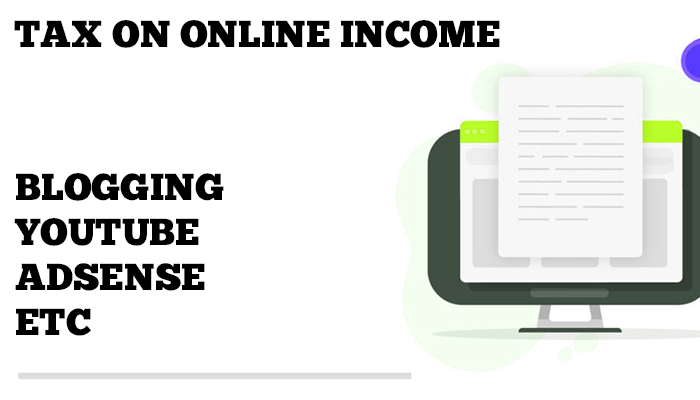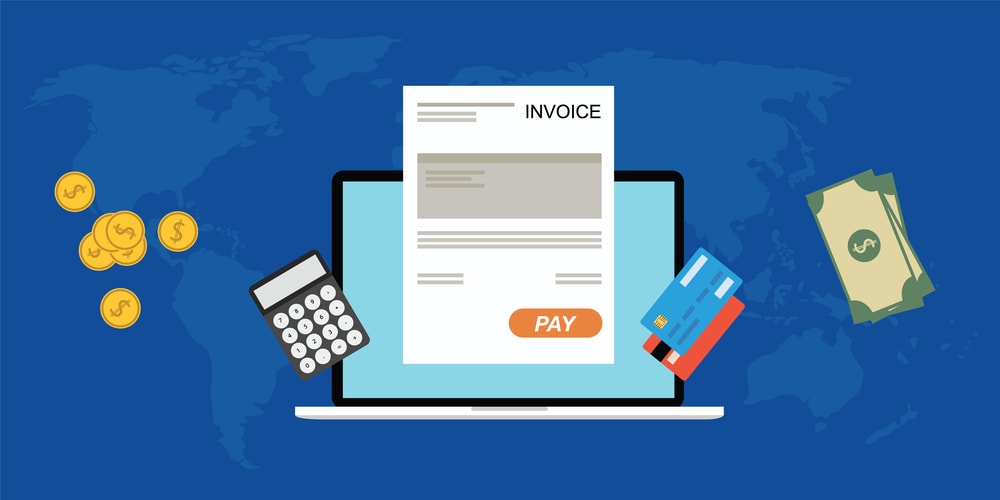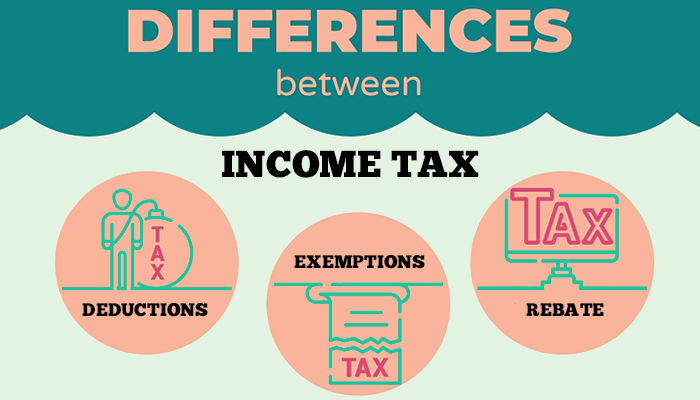There is an on-going wave of Earning Online through Blogging, YouTube, and Content Writing, etc. Online income earning has become the fastest emerging profession of today’s world due to flexibility and never ending opportunity. The best part of earning online is that there is no fixed job like 9 to 5. You can work whenever and from wherever you want. This is the reason most youngsters are opting for online income earning opportunities rather than going for a regular day job.1000 free instagram views
Read Mutual Funds Investment Guide
There is not much investment required to start earning online. You only need a required set of skills and knowledge of the niche you choose. Few of the famous bloggers are earning between ₹ 10 lakhs to ₹ 20 lakhs per month and their earnings are still scalable. But one thing most of the bloggers are clueless about is how their online income is taxed under Income Tax as well as under Goods and Service Tax and what are the deductions they can claim.
Table of Contents
Taxes on Online Income in India
Under the Indian Income Tax Act 1961, there are five heads under which an income is taxed i.e. income from house property, salary, capital gains, business income, and other incomes. Online income can be taxed under the following two heads:
- Income from business, profession, and vocation
- Income from other sources
Since there are no specific guidelines or rules for bifurcating the online income, you can choose the head under which you want to show your online earnings. However, the normal phenomena of showing the online income is that if you are fully engaged in online earnings and your primary source of income is online earnings then you should show the online income under income from business, profession, and vocation and if you are doing it as a hobby or for part-time and your primary source of income is other than online income than you can show it under income from other sources.
- Internet Expenses
- Telephone Expenses
- Rent Expense
- Domain Expenses
- Hosting Expenses
- Consultancy Services for SEO
- Any other technical guidance
- Electricity Expenses
- Salary to the employees
- Any other expense incurred in relation to earning online income
Both the heads allow the deduction of expenses directly attributable to the income but under the business head, you can claim a deduction for the expense of capital nature which cannot be said as directly attributable to the income earned from other sources. Further, only the business head allows any loss to be carried forward. There are no such provisions for the income shown as earned from other sources.
Cash Basis or Accrual Basis
Another question comes here whether the online income earned is to be taxed on an accrual basis or cash basis. The difference is that under the accrual basis the income is added for taxation purpose even if the same is received months after earning while under the cash basis the income is shown for taxation purpose only when the same is received in cash or reflected in the bank account. For example, if your March 2019 month earning of AdSense is ₹ 50,000 but the same is received in April month, under accrual basis the same is to be shown as income for the financial year 2018-19 while under the cash basis the online income earned from AdSense is to be shown in the financial year 2019-20.
Goods and Service Tax
Threshold Limit
You need to register yourself under the Goods and Service Tax Act if your gross receipts exceed ₹ 20 lakhs in a financial year. Since online income is a professional income the GST rate is 18% for the service sector and the same is to be a charge if the gross receipt exceeds the maximum exemption limit.
Composite Scheme
The Government has come out with the composite scheme for the service sector which allows GST to be charged at a concessional rate of 6% but no input credit is allowed to be claimed.
Read All about GST on Real Estate in India
Export Services
If the online income is earned from outside India than the same is exempt from GST regime but you need to take the GST registration and provide LUT in GST for exemption. The other way around is charge GST a first and then file RFD-01 form to claim the GST refund.
Income tax on Online Income in India
Before going ahead with the tax provisions, you need to know that the online income is considered as professional income and If you certain that your online income is your primary source of income and the same is to be shown under income from business, profession and vocation head then you can pay either on a regular basis i.e. maintain books of accounts as mandated under section 44AA and get the tax audit under section 44AB if your income exceeds ₹ 50 lakhs for the financial year or under the presumptive tax basis under section 44ADA i.e. if your gross online income does not exceed ₹ 50 lakhs for the financial year and you don’t want to maintain the books of accounts then you can opt to pay tax on 50% of the gross receipts without deducting any expenses. Section 44AD is not applicable because the online income is considered as a professional income and 44AD is applicable on income from business not from profession.
In case you are liable for tax audit then you need to maintain all the supporting of the expense you are claiming namely invoices of internet charges, hosting charges, domain, blog designing, electricity expenses, etc.
Suppose your yearly online income tunes to ₹ 36 lakhs i.e. ₹ 3 lakhs per month and the yearly expenses relating to online income are:
- Domain Charges – ₹ 10,000
- Hosting Charges – ₹ 2,40,000
- Designing Charges – ₹ 2,00,000
- SEO/Technical Guidance Fees – ₹ 6,00,000
- Salary to Employees – ₹ 10,20,000
- Rent – ₹ 1,80,000
- Internet Charges – ₹ 1,20,000
Now calculate the taxable income from both the methods i.e. normal tax and presumptive tax basis.
Under Normal tax basis
You need to maintain the books of accounts and the taxable income comes to:
= ₹ 36,00,000 – (₹ 10,000 + ₹ 2,40,000 + ₹ 2,00,000 + ₹ 6,00,000 + ₹ 10,20,000 + ₹ 1,80,000 + ₹ 1,20,000)
= ₹ 36,00,000 – ₹ 23,70,000
= ₹ 12,30,000
Under Presumptive Tax Basis
Since no deduction is allowed and depreciation under section 32 is deemed to be accounted for, the taxable income is 50% of the Gross receipt i.e.
= ₹ 36,00,000 x 50%
= ₹ 18,00,000.
So in the above example, it is evident that the taxable income is lower while opting for a normal tax basis but maintaining books of account is a tedious job. The tax is payable at the applicable tax rate and if there is a loss (not possible under presumptive tax basis) then the same should be carried forward and available for set-off in the subsequent years like a business loss.



